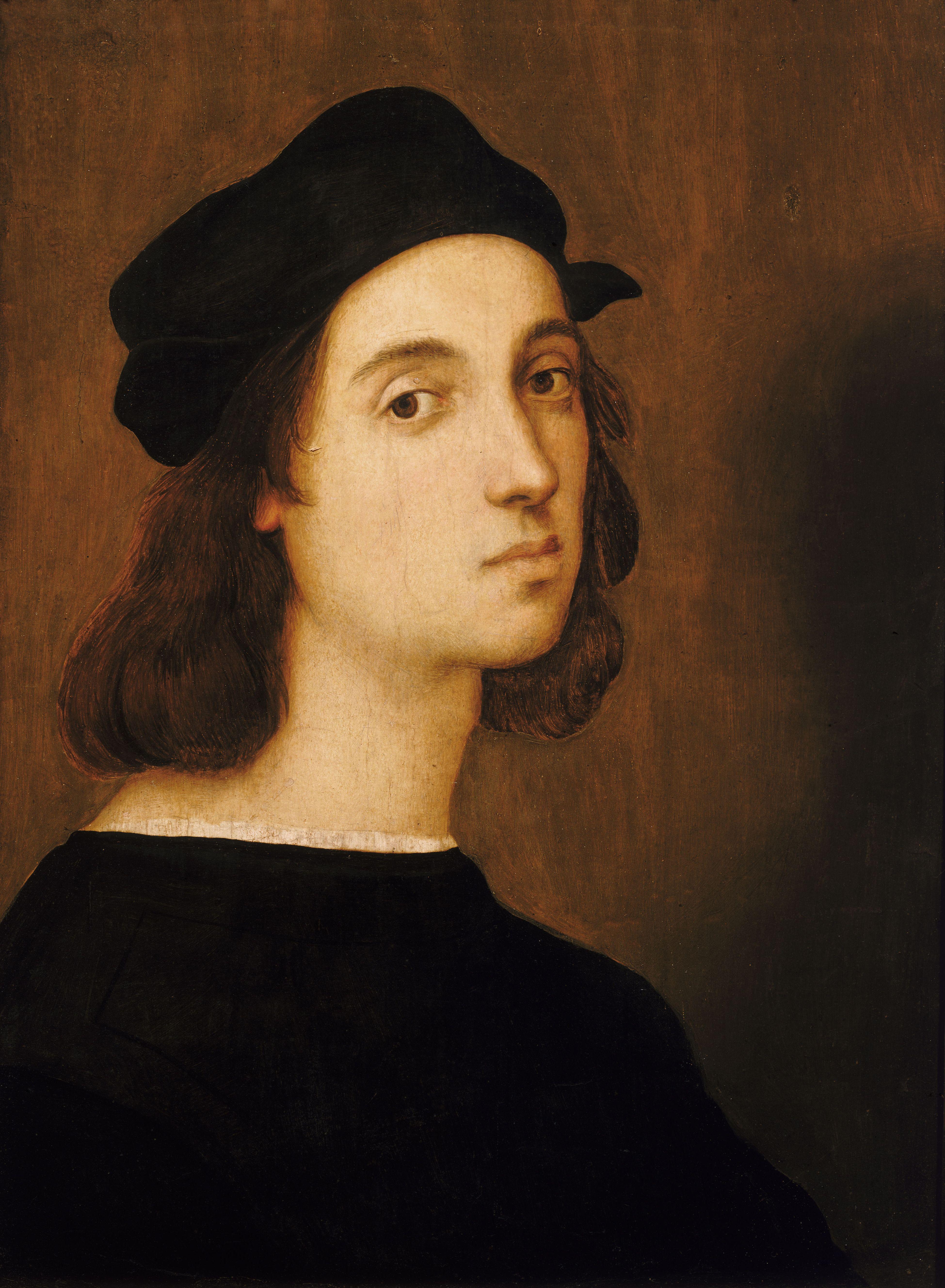|
1530 In India
Events from the year 1530 in India. Events * Babur's death ends his reign as Mughal emperor, and is succeeded by Humayun. Births Deaths * 26 December – Babur, Mughal Emperor (born 1483). See also * Timeline of Indian history This is a timeline of Indian history, comprising important legal and territorial changes and political events in India and its predecessor states. To read about the background to these events, see History of India. See also the list of governor ... References 16th century in India 1530 in Asia 1530s in India 1530 by country {{India-year-stub ... [...More Info...] [...Related Items...] OR: [Wikipedia] [Google] [Baidu] |
Babur
Babur ( fa, , lit= tiger, translit= Bābur; ; 14 February 148326 December 1530), born Mīrzā Zahīr ud-Dīn Muhammad, was the founder of the Mughal Empire in the Indian subcontinent. He was a descendant of Timur and Genghis Khan through his father and mother respectively.F. LehmannẒahīr-al-Dīn Moḥammad Bābor In Encyclopædia Iranica. Online Ed. December 1988 (updated August 2011). "Bābor, Ẓahīr-al-Dīn Moḥammad son of Umar Sheikh Mirza, (6 Moḥarram 886-6 Jomādā I 937/14 February 1483 – 26 December 1530), Timurid prince, military genius, and literary craftsman who escaped the bloody political arena of his Central Asian birthplace to found the Mughal Empire in India. His origin, milieu, training, and education were steeped in Muslim culture and so Bābor played significant role for the fostering of this culture by his descendants, the Mughals of India, and for the expansion of Islam in the Indian subcontinent, with brilliant literary, artistic, and histo ... [...More Info...] [...Related Items...] OR: [Wikipedia] [Google] [Baidu] |
Mughal Emperors
The Mughal emperors ( fa, , Pādishāhān) were the supreme heads of state of the Mughal Empire on the Indian subcontinent, mainly corresponding to the modern countries of India, Pakistan, Afghanistan and Bangladesh. The Mughal rulers styled themselves as "padishah", a title usually translated from Persian as "emperor". They began to rule parts of India from 1526, and by 1707 ruled most of the sub-continent. After that they declined rapidly, but nominally ruled territories until the Indian Rebellion of 1857. The Mughals were a branch of the Timurid dynasty of Turco-Mongol origin from Central Asia. Their founder Babur, a Timurid prince from the Fergana Valley (modern-day Uzbekistan), was a direct descendant of Timur (generally known in western nations as Tamerlane) and also affiliated with Genghis Khan through Timur's marriage to a Genghisid princess. Many of the later Mughal emperors had significant Indian Rajput and Persian ancestry through marriage alliances as emperors wer ... [...More Info...] [...Related Items...] OR: [Wikipedia] [Google] [Baidu] |
Humayun
Nasir-ud-Din Muhammad ( fa, ) (; 6 March 1508 – 27 January 1556), better known by his regnal name, Humāyūn; (), was the second emperor of the Mughal Empire, who ruled over territory in what is now Eastern Afghanistan, Pakistan, Northern India, and Bangladesh from 1530 to 1540 and again from 1555 to 1556. Like his father, Babur, he lost his empire early but regained it with the aid of the Safavid dynasty of Persia, with additional territory. At the time of his death in 1556, the Mughal Empire spanned almost one million square kilometres. In December 1530, Humayun succeeded his father to the throne of Delhi as ruler of the Mughal territories in the Indian subcontinent. Humayun was an inexperienced ruler when he came to power, at the age of 22. His half-brother Kamran Mirza inherited Kabul and Kandahar, the northernmost parts of their father's empire. The two half-brothers would become bitter rivals. Humayun lost Mughal territories to Sher Shah Suri, but regained them 15 ... [...More Info...] [...Related Items...] OR: [Wikipedia] [Google] [Baidu] |
1483 In India
Year 1483 ( MCDLXXXIII) was a common year starting on Wednesday (link will display the full calendar) of the Julian calendar. Events January–December * January 1 – The Jews are expelled from Andalusia. * February 11 – The ''General Council of the Inquisition'' is created in Spain. * April 9 – Edward V becomes King of England. * April 29 – Gran Canaria, the main island of the Canary Islands, is conquered by the Kingdom of Castile, a very important step in the expansion of Spain. * April 30 – Pluto moves inside Neptune's orbit until July 23, 1503, according to modern orbital calculations. * April – King Edward V of England and his younger brother Richard, Duke of York reside in the Tower of London. Later this year, rumors of their murders start circulating. By December the rumors have reached France. This is the beginning of the mystery concerning the fates of the two Princes in the Tower. * June 13 – William Hastings, 1st Baro ... [...More Info...] [...Related Items...] OR: [Wikipedia] [Google] [Baidu] |


